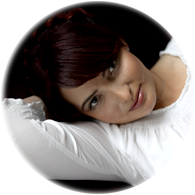Stress is a permanent presence in our lives. Even a primitive man must have got angry at the sight of a saber-toothed tiger or when another caveman kidnapped his woman.
Positive stress is needed. Without it, we would still be stuck in the Stone Age. Stress drives us to action, and action drives us to develop.
Scientifically speaking: when stress occurs, the body produces the hormone-cortisol, which is responsible for stimulating the organs (e.g. the heart to pump blood more strongly) to produce the energy needed for action. When the state of arousal/stress is gone, everything returns to normal.
What happens when stress is permanent?
We then talk about negative stress. This one is destructive. Too much cortisol in the blood in the long-run, i.e. a state of constant mobilization of the body, may lead to body dysfunction: sleep disorders, weakened immunity, anxiety and insomnia. Such stress upsets us and deprives us of joy and will to live. Nowadays, it is permanently present in our existence. It surrounds us, encircled us. It favours the spread of addictions, neuroses, depression and autoimmune diseases.
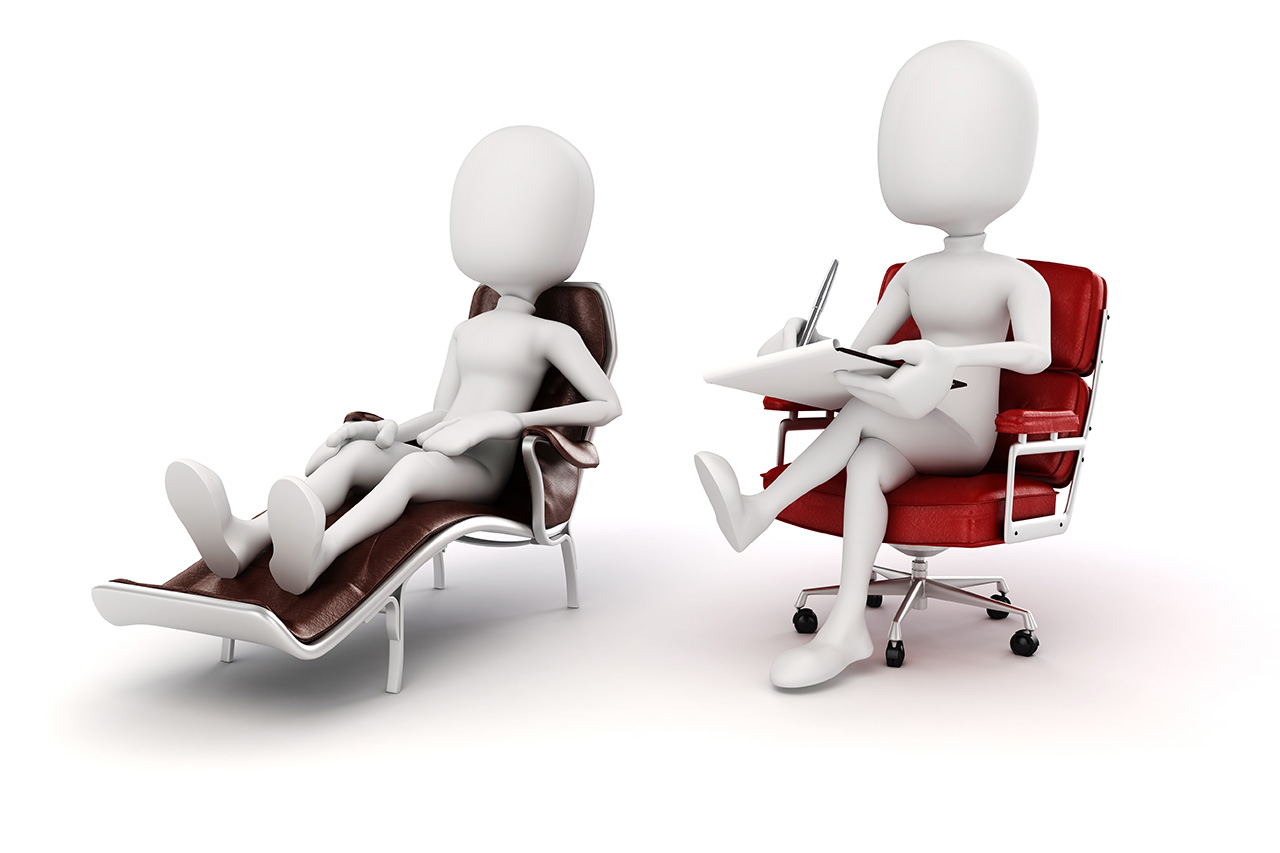 Recent Harvard Medical Scool research has shown that "the level of the stress hormone-cortisol is related to changes in brain volume and affects memory and cognitive processes in humans." More information can be found in the article: http://zdrowie.gazeta.pl/Zdrowie/7,101580,24113610,nie-lekcewaz-stresu-przez-niego-doslownie-kurczy-sie-mozg-i.html
Recent Harvard Medical Scool research has shown that "the level of the stress hormone-cortisol is related to changes in brain volume and affects memory and cognitive processes in humans." More information can be found in the article: http://zdrowie.gazeta.pl/Zdrowie/7,101580,24113610,nie-lekcewaz-stresu-przez-niego-doslownie-kurczy-sie-mozg-i.html
Examples of sources of stress:
"The fight for existence": some people are stressed because they have nothing for the pot, others because a friend has a better car. The source of stress is the lack of livelihood and limitations in obtaining them. This often involves falling into an increasing debt. It causes constant fear of not being able to repay it. However, those who earn well or very well want more and at the same time are afraid of losing what they have.
Relationships: envy, jealousy, fight for power, better social and material position, lack of self-esteem, avoidance of responsibility, selfishness and exploitation of one person by another. “An overwhelming mass of views and behaviours” – a growing problem with defining one's own identity. The herd effect dominates. Individualism is exterminated. As a result, we are afraid of our own identity. Nowadays, the ability to express one's thoughts freely is a luxury. I agree with the opinion of David Icke, who said: "We are led to believe that what is more important than freedom of expression is not to offend anyone with your views. This is a principle that is deadly to our independence because it does not exist without freedom of expression.” (source: article "Liberation from the matrix", “Nieznany Świat” 9/2018). When we cannot get rid of accumulated emotions since it is inappropriate or because we are afraid of offending someone, they stay in the body in the form of negative energy, which (to put it colloquially) destroys our body from the inside. In the long run, this condition turns into a disease. In my case, it most likely led to Crohn's disease.
Time: rush, the feeling that time is speeding up, we are permanently short of time, we constantly have no space for anything, lack of balance between work and rest.
Corporation: is the combination of all the above-mentioned factors. Of course, there are people who do this kind of work. In most cases, however, it is a system of enslaving people.
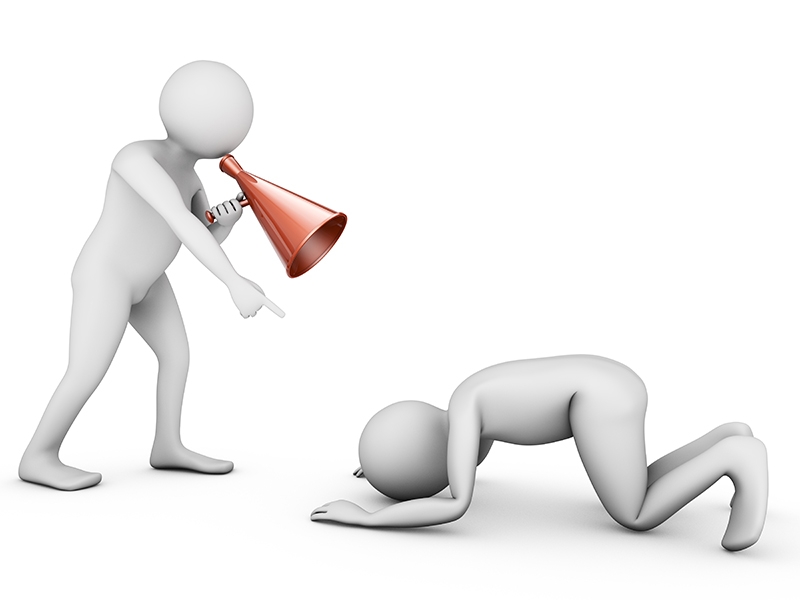 Often, your own opinions are objectionable, you have to do what the boss says, even if it is unethical and unnecessary. Frequently, such work comes down to creating artificial structures, systems and procedures, just to prove something to others or to justify one's presence and remuneration. People have wanted goods and power for centuries. Once there were a lord and his vassal, today it is a director and their subordinate. For a subordinate, the source of stress is the fear of losing his/her job. They agree to work beyond the norm, indiscriminate comments from their superior and office intrigues. This creates further stress. There are disturbances in sleep and other vital functions, lack of joy and willingness to be active. The easiest way to relax is to lie on the couch with the TV remote control in your hand. And on TV we see: swearing, politicians’ quarrels, shootings, fighting and brutality with every touch of the button. The news is full of dead bodies and one scandal follows another. Television offers less and less positive messages, creating more and more fears in our subconscious.
Often, your own opinions are objectionable, you have to do what the boss says, even if it is unethical and unnecessary. Frequently, such work comes down to creating artificial structures, systems and procedures, just to prove something to others or to justify one's presence and remuneration. People have wanted goods and power for centuries. Once there were a lord and his vassal, today it is a director and their subordinate. For a subordinate, the source of stress is the fear of losing his/her job. They agree to work beyond the norm, indiscriminate comments from their superior and office intrigues. This creates further stress. There are disturbances in sleep and other vital functions, lack of joy and willingness to be active. The easiest way to relax is to lie on the couch with the TV remote control in your hand. And on TV we see: swearing, politicians’ quarrels, shootings, fighting and brutality with every touch of the button. The news is full of dead bodies and one scandal follows another. Television offers less and less positive messages, creating more and more fears in our subconscious.
I won’t advise you how to change your attitude towards work, worry less about it, etc. This is a task for a psychologist, whose shoes I don’t want to step into. Let me just say that I had cared too much. I had been burning out at work. I was burdened with decision-making stress and responsibility for people and actions. The price I paid for this was described in the column about Crohn's disease: "A good life with Chron's disease". Here I would like to focus on my experiences of dealing with stress.
In my opinion, the most important issues are:
creating space outside of work. When I was working in a bank, sometimes 16 hours a day, someone asked me: "Do you believe in after-bank-life?" This simple question means everything. Often, work becomes home for people, and colleagues are closer to family. Why is it like that? Because they feel needed at work but not at home. This is pathology. We saw its size when people were locked at home due to the “celebrity virus” and some of them were unable to find their way being with their loved ones 24 hours a day. You need to strike a balance between work and rest. To begin with, it is worth creating interests and hobbies - i.e. an escape. For some it may be playing sports, for others it may be a book, cinema, museum, knitting - anything that will create a space outside of professional work.
For example, I have many different interests and I’m constantly looking for new ones. I couldn't wait to leave the office and deal with "real" life. During the weekend I rode a horse, catching some fresh air outside the city. I attended workshops on alternative medicine, read a lot, learned new fields, runes, astrology, aromatherapy, and learned foreign languages. I entered the world of esotericism, once completely foreign to me - a world extremely distant from everyday activities. I love taking photos of nature. I started painting and burning into wood. I started gardening. I noticed some activities that, on the one hand, require concentration and additionally separate us from reality, soothing our nerves well.
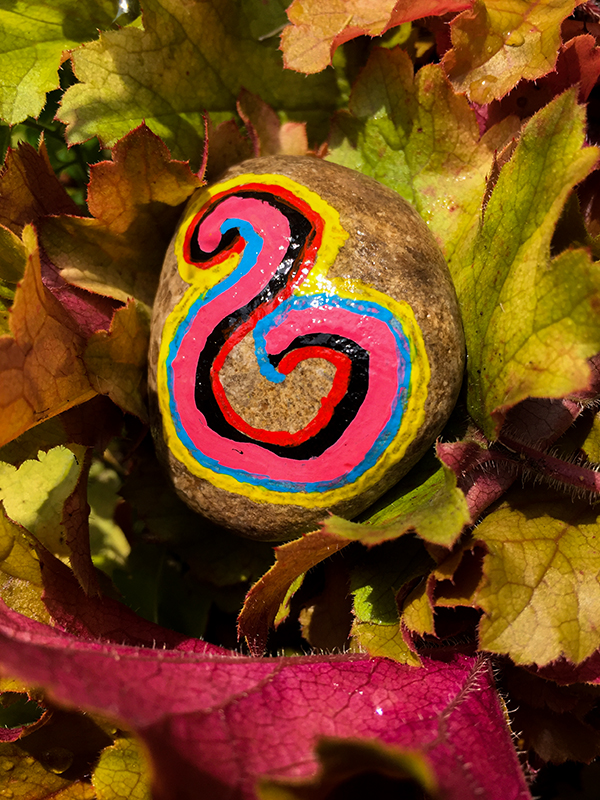
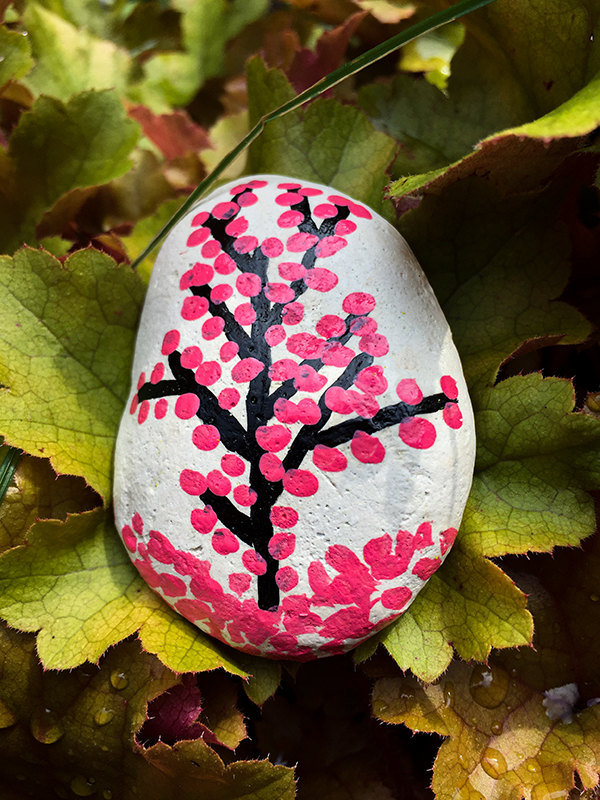
Letting out bad stress.
It is good to meet close friends, preferably from outside our workplace, who have an appropriate distance to what we do, and talk about our problems. Often, on such occasions, someone will give us a solution that we didn’t see or that we came up with ourselves.
I, being a lone wolf, came up with another idea. While still in primary school, under the influence of stress caused by problems in relationships with peers, I started writing novels and short stories. First it was crime stories, then I moved on to historical novels (times different from the present, which forced me to learn about them and use my imagination). I put my "books" in a drawer and showed them only to a very small group of people. I was more concerned about the creative process itself. I was moved to a distant era. I was who I wanted or who I didn't want to be and created my own space, my own world. Before I started putting the stories on paper, I liked to lie in the dark and imagine them. Importantly, my novels were always happy and had a happy ending. I don't like books or movies about suffering. I can't de-stress with something like this. Emotions may also be turned into a joke, which is why I specialized in satires, a short form with a bantering punchline. If you want to learn about this form of laughter therapy, please visit this tab: BOOKS AND SHORT STORIES.
Treat yourself.
I like to light candles in the evening, turn on relaxing or classical music, sit by the window looking at the sky, especially when there is a full moon, or read a book. When it's cold, wet and gray outside, I spoil myself with a cup of hot, thick chocolate. Various things give us pleasure and from time to time we should put the brakes on our lives and focus on ourselves.
Contact with nature.
Even if we love the city, its entertainment and conveniences, each of us should go out into nature from time to time. I love the forest. Green soothes the senses; the scent of resin has an aromatherapeutic effect. The forest lives its quiet, dignified life. I love sitting among the creaking branches and rustling leaves and I stop caring about anything. Time stands still... I wrote about the therapeutic effects of the forest and its scientifically proven positive effect on stress in the article: "I love myself, I love the forest".
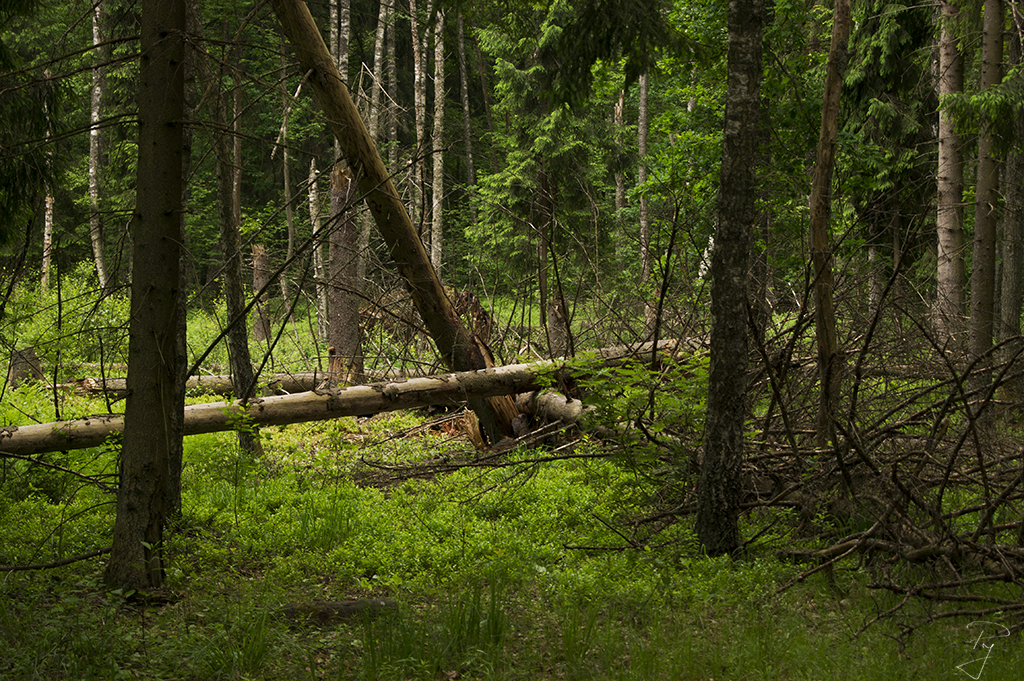
Physical activity.
This promotes the production of good stress. We jog, pedal, row, swim, walk, dance, exercise. The heart pumps blood and the brain is oxygenated. We get tired with effort, then the level of cortisol in the blood decreases and we feel the so-called positive fatigue. Then we don't want to curse our boss, we just want to go to sleep and fall into the so-called healthy sleep. I especially like walking in the mountains. The highlands and the effort make me break away from everyday life, worldly matters become indifferent to me. That's why every year I try to go to my beloved Giant Mountains (mountains range of the Sudeten, original name – Karkonosze) because the effort of hiking and the energy of these mountains recharge my batteries and give me a moment of respite from everyday problems.
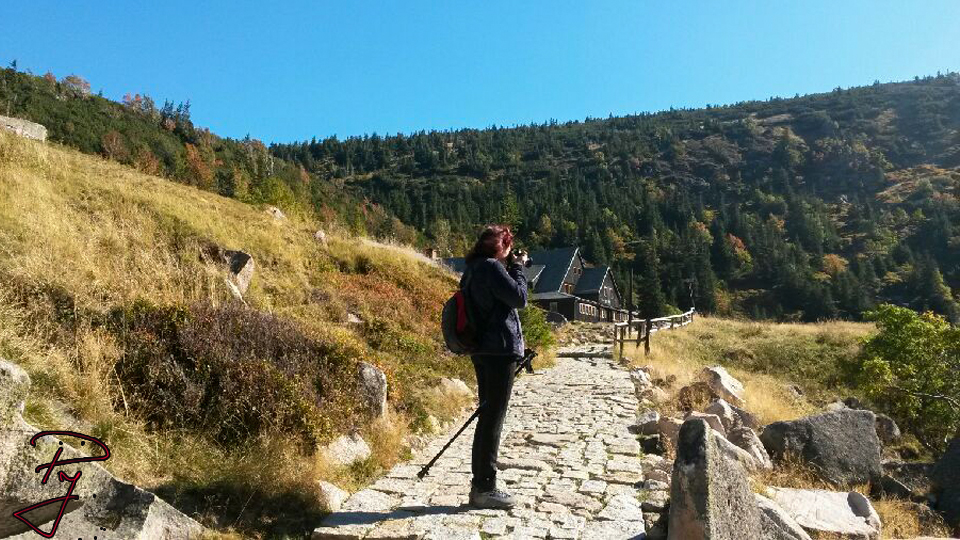
Aromatherapy.
Before we go to a psychiatrist for "happy pills", it is worth looking for natural support for our problem. Anxiety, neurosis, tension and stress may help relieve the aroma of plants with soothing and calming properties. Inhaling essential oils, massaging or bathing with them bring great benefits and relaxation to both the body and the soul. More information about emotional aromatherapy can be found in the article: "Emotional aromatherapy".

Stress is hard to avoid. Of course, there are many people who say they don't worry about anything and don't get nervous. This is often due to the fact that we perceive being nervous or caring about something as a weakness. Entering the phrase "lack of resistance to stress" in a corporate employee's evaluation sheet automatically closes his or her "career path." This and many other cultural and social factors mean that we don’t admit to others but above all, we don’t admit to ourselves that we have a problem. Then it is difficult to look for solutions to deal with it. Unfortunately, not everyone can do only what they love in life, we have to make some concessions, often at our own expense, but then we need to look for solutions aimed at maintaining balance, and that is what the above article was about.
I recently heard a very wise sentence that explains the problems that dog us and help understand them: "We take a given experience to bring it to the Source." Each of us comes into this world to learn something and pass on this knowledge. Each of us comes from the Source and is connected to it. Every experience in life has an impact on our development. We experience breakups, illnesses, and losses to better understand our being. It is difficult experiences that allow us to see the good sides of existence, develop, experience all the shades of life and pass on these lessons. Taking this into account, when something bad happens to us, instead of worrying, let's think about what this event has to teach us. Believe me, it allows you to look at problems completely differently, catch distance and more calmly approach what happens to us.
Related articles:
"I love myself, I love the forest".
"A good life with Crohn's disease".
